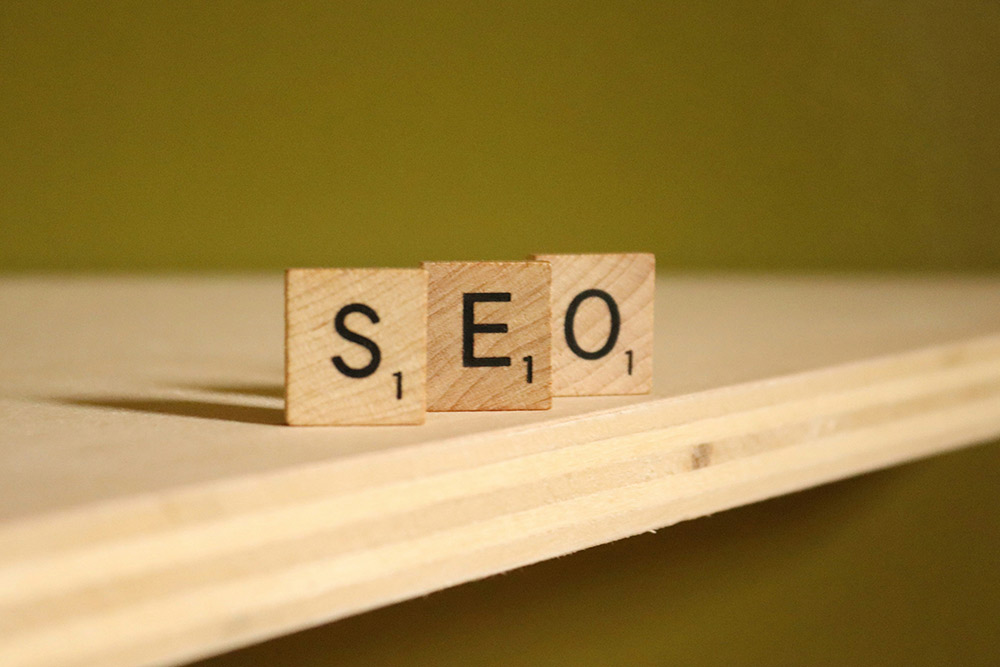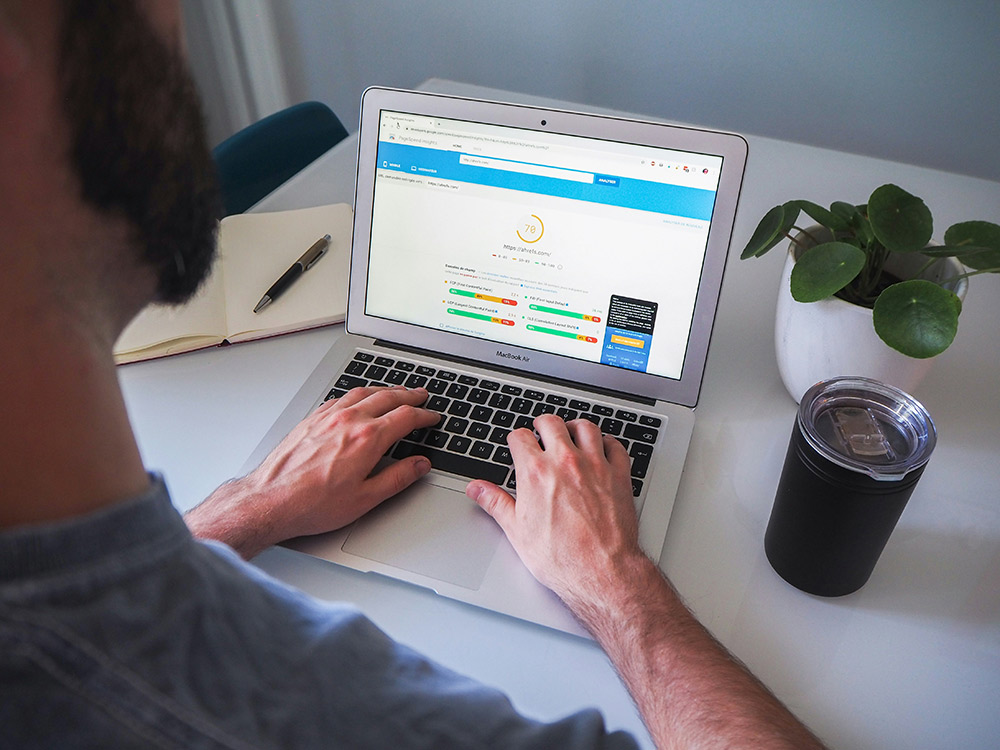What is SEO and How Do You Do It. Comprehensive Guide

Quick Definition
Search Engine Optimization (SEO) is a digital marketing strategy focused on growing visibility in organic (non-paid) search engine results. It encompasses both the technical and creative elements required to improve rankings, drive traffic, and increase awareness in search engines.
There are many aspects to SEO, from the words on your page to the way other sites link to you on the web. Sometimes SEO is simply a matter of making sure your site is structured in a way that search engines understand.
But first:
Understanding How Search Engines Work
Search engines perform several activities in order to deliver search results – crawling, indexing, processing, calculating relevancy, and retrieving.
Crawling: Search engines use search engine bots to crawl the web and collect information about all the content they can find.
Indexing
After a page is found, a search engine bot stores it in a massive database from where it can be retrieved at a later time.
Processing
When a search request comes, the search engine processes it, i.e., it compares the search string in the search request with the indexed pages in the database.
Calculating Relevancy
It is likely that more than one page contains the search string, so the search engine starts calculating the relevancy of each of the pages in its index to the search string.
Retrieving Results
The last step in search engine activities is retrieving the best matched results. Basically, it is nothing more than simply displaying them in the browser – the key processes of search engines.
Search Engine Land worked with Common Craft to produce the video, and they have many more great explainer videos like this in the Common Craft video library, so check that out.
More resources
When building your website, each of these components is a separate HTML page which is accessed using the web browser. This means that the collection of webpages that your visitors are using to access your site can be directly controlled by your WWW server.
Relationship with Google And you can change the results as well.
If you haven’t used software like BuzzSumo to check out what your competitors are up to, you’re at a huge disadvantage. These services aggregate the social performance of specific sites and content to provide you with an at-a-glance view of what topics are resonating with readers and, most importantly, making the rounds on social media. Find out what people are reading (and talking about), and emulate that kind of content to bring traffic to your website.
Key Components of SEO
SEO can be divided into two main areas: on-page SEO and off-page SEO.
On-page SEO
This is the optimization of elements which you control such as the quality and keyword-relevance of your content, your Meta tags (title, description ), URL structure, internal links, site speed, mobile-friendliness, and so forth.
Off-page SEO
This might include backlinks from other websites, social media attention, and other marketing activities, which are all intended to generate traffic to your site outside of search engines.
How Does SEO Work?
SEO involves making your website as relevant as possible to a search engine, in turn making it a more relevant source in the eyes of users who are searching for it. When it comes to SEO, there are typically on and off page points to consider.
For On-page SEO, your website must be relevant to the search query. For off-page, other websites must link to your site. And once this is established, off-page authority kicks in, increasing the likelihood that a page will rank higher in the search engine results pages for a wide range of keywords.
The SEO Goal: Relevancy and Authority
SEO works by ensuring what your website is “about” is influential to the search engines, an identifiable or highly searchable source for the very keywords that a user is searching for. Authority is determined by a good deal of back-links from other sites of a very high reputation, each of which acts as an endorsement for your website telling search engines it values your site more than others.
The Importance of SEO
The majority of search engines users are more likely to click on one of the top 5 suggestions in the search engine results pages (SERPS). To take advantage of this and gain visitors to your web site or customers to your online store, your website needs to appear in one of the top positions.
SEO is not only about search engines but good SEO practices improve the user experience and usability of a web site.
Users trust search engines. If your site is in the top positions for the keywords the user is searching, then you increase the web site’s trust.
SEO is good for the social promotion of your web site. People who find your web site by searching Google or Yahoo are more likely to promote it on Facebook, Twitter, or other social media channels.
Local search
How is local SEO different from traditional SEO, Local search engine optimisation is a branch of SEO that focuses on optimising a website to be found in local search results. Google Business Profile (formerly Google My Business) is a critical part of local SEO and helps businesses be found in local search results for queries specific to their products or services. Google My Business listings ranking factors can have a significant impact on how businesses are positioned in Google Maps and in the local section of Google Search. Understanding and taking advantage of those ranking factors are imperative in order to increase visibility to potential customers.
Here are the main factors that influence rankings in Google Business Profile
- Relevance
Relevance refers to how well a local Business Profile matches what someone is is searching for. Adding complete and detailed business information can help Google better understand your business and match your profile to relevant searches.
To improve your business’s relevance, watch our webmasters meet video
- Distance
As one would suspect, how close a potential search result is to the location term used in a search carries the most weight. When a user doesn’t specify a location in their search, Google will calculate distance based on what’s known about their location.
- Improving your distance is easy. Simply ensure your business’s address, phone number and website are correct. Also make sure that your business is properly Prominence
verified through Google.
Prominence is about how well known a business is. For the most part, the more well known your business is offline, the more likely you will be to be included.
Search results try to reflect this in local ranking. (e.g. if you operate a local coffee shop then local search players like Google want to make sure an area person looking for coffee finds you.
This factor is then influenced by information that Google has about a business from across the web (like links, articles, and directories).
Google review count and score are factored into local search ranking: more reviews and positive ratings will probably improve a business’s local ranking. Your position in web results is also a factor, so SEO best practices also apply to local search optimization.
With that said, here are five keys to improving your Google Business Profile ranking:
Optimize your Business Profile
Complete every section of your Business Profile using relevant and keyword rich information. Make sure to use accurate and up to date information.
Get and respond to reviews
Don’t be shy about asking for reviews. Your customers are your biggest fans and will be excited to help you. After you receive them respond. It shows that you value customer feedback.
Use high quality photos: Businesses with photos receive 42% more requests for directions on Google Maps and 35% more click-throughs to their websites.
Post regularly to your Business Profile: Regular updates can also show your business is active and engaged with customers and that can influence your prominence.
Use Google My Business Insights
The search statistics for your business can help you understand how customers search for your business and where those customers are coming from. Use this data to refine your keyword strategy and improve your profiles relevance and prominence.

When speaking about information regarding Google My Business (GMB), now.
Read the full article: Using Google My Business To Boost Your Google Business Profile Ranking
Despite the response’s synthesis of well-known SEO practices and Google’s own guidelines, there were no direct citations.
But if you want to learn more, here are some very basic foundational sources to check out:
Google’s support page
Google’s support documents detail the intricacies of how to optimize your Google Business Profile, from the basics like choosing the right categories and optimizing photos, to advanced options like adding posts and encouraging reviews. Start with their page on Google My Business Help, and be sure to stay updated by browsing through official recommendations and updates.
Moz’s local search ranking factors
Every year, Moz runs its Local Search Ranking Factors survey among the best minds in local SEO, tallying up their often divergent opinions to deliver these invaluable resources. It’s for people who want to better understand the broader local SEO lay of the land beyond just local search optimization with the Google Business Profile. You can access the latest survey results at Moz Local Search Ranking Factors.
Search Engine Journal & Search Engine Land
Both of these should be permanent in your SEO reading, offering scores of articles, how-tos and up-to-the-minute probing of all things SEO (including Google My Business). They’re equally excellent for the latest and how-tos on how to improve your ranking and visibility. You can see Search Engine Journal and Search Engine Land for more information.
Potential options as you take the time to go deeper into having a stronger optimized Google Business Profile or understanding the larger local SEO impact on your business’s online presence.
We really hope that the information that we have shared in this post about how the Google Business Profile ranking system actually works will help you to boost your business’s visibility and attract more customers through local search.
It is important to note that improving your Google Business Profile ranking takes time and a great deal of attention to detail. Changes to your business information and regular updates to your Google Business Profile are important. Ensure that photos show off the best of your business.
Responding to customer reviews and engaging directly with your customers do their bit too! By optimizing for relevance, distance, and prominence, you can make sure the right people find your business online and encourage more of them to pay you a visit in person. It is important to remember that SEO is an ongoing pursuit.
We look forward to checking back with you over the next few months about whether all our hard work makes us the number one for SEO agency in Cardiff.
Google maps example for best seo agency in Cardiff
Hopefully it will help you to become the number one in your category too!
Given SEO is a fast-changing field, where the algorithms are never constant and the strategies and best practices are constantly evolving, we are committed to staying on top of the current rankings factors and updating our post as the ranking factors and weights of these factors change.
Digital Marketers really have their work cut out for them in keeping up with all the changing SEO trends and changes in search engine algorithms.
Effective SEO can make your website more visible, drive more traffic, and help contribute to overall online success. It is an integral part of any digital marketing strategy and something no online business can afford to overlook.